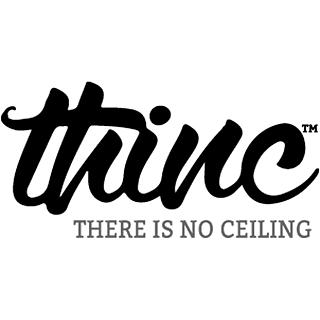You’ll Perform Better When You Stop Fearing Mistakes.
- robreynosa
- Oct 27, 2025
- 3 min read
Not because you’ll stop making them — but because you’ll stop letting them define you.

Fear of Making Mistakes to High-Performance Growth
I used to live in a world where mistakes weren’t just embarrassing — they were dangerous.
As a welder and firefighter in the military, a bad weld or a wrong move could cost a life.
That kind of pressure trains you one way: you fear messing up.
You hide anything unfinished.
You mask anything imperfect.
So I built my identity on looking flawless.
I hid the process.
“Here’s the finished masterpiece” was my motto.
But the truth was — I was still messing things up.
My body knew it: cheeks burning, palms sweaty, the moment someone might see my flaw.
That was my old operating system.
The Switch: Process Over Perfection
Now my mindset has flipped. I tell myself:
“Everybody sucks in the beginning. No one starts perfect. There’s a learning curve. Embrace it.”
I became obsessed with the process, not the appearance of perfection: trying, failing, dusting off, paying dues.And let’s be clear — paying dues isn’t glamorous. It’s messy. Uncomfortable. Visible.
But it’s where you actually earn skill, confidence, and self-respect.
Because here’s what most people don’t see: they think mistakes equal identity—“I messed up → therefore I’m incompetent.”
But that logic is a trap.
Mistakes are just actions that didn’t make the cut, not who you are.
Once you shift that, everything changes.
You stop chasing flawless execution and start truly creating. You stop doing things to look good and start doing things to be good.
This mindset — process over perfection — has changed my life and every client I guide.
The Psychological Truth: Mistakes Are Feedback, Not Failure
Science backs this up. Research on the Carol Dweck-led growth mindset reveals that people who believe abilities and traits can develop are more likely to bounce back from mistakes, learn from them, and improve.
Neuroscience shows this too: when individuals with a growth mindset make errors, their brains show greater neural activity in error-monitoring regions — meaning they’re actively using those mistakes as learning tools, not as shame bombs.
In short: mistakes are part of the wiring of high performance. They shape your brain. They build your resilience.
You don’t need to eliminate them — you need to redefine what they mean.
The Breakthrough: You Define You
Here’s the one truth you need:
Your mistakes don’t define you. You define you.
If you let mistakes define you, you become paralyzed at the threshold of action.
Overthinking, avoiding, waiting for “perfect moment.”
That kills progress more than any mistake ever will.
Now I like mistakes.
They give instant feedback.
They keep me human.
They show my clients something real: If I can grow through it, you can too.
Because the world doesn’t need more flawless mirrors. It needs more real men and women who move through their mess into mastery.
Mistakes aren’t the enemy of success.
They’re evidence you’re in motion.
What about You?
Are you avoiding action because you fear being seen?
Are you hiding your process so you look perfect — but missing the actual work?
Do you replay mistakes in your head like reruns — instead of extracting lessons and moving forward?
Start here: decide that your identity is not tied to flawless execution.
Then choose the process.
Show up. Fail. Learn. Correct. Repeat.
Because your path to next-level performance doesn’t run through perfection.
It runs through permission to be human.
Final Truth
You’ll perform better when you stop fearing mistakes — not because you’ll stop making them, but because you’ll stop letting them define you.




Comments